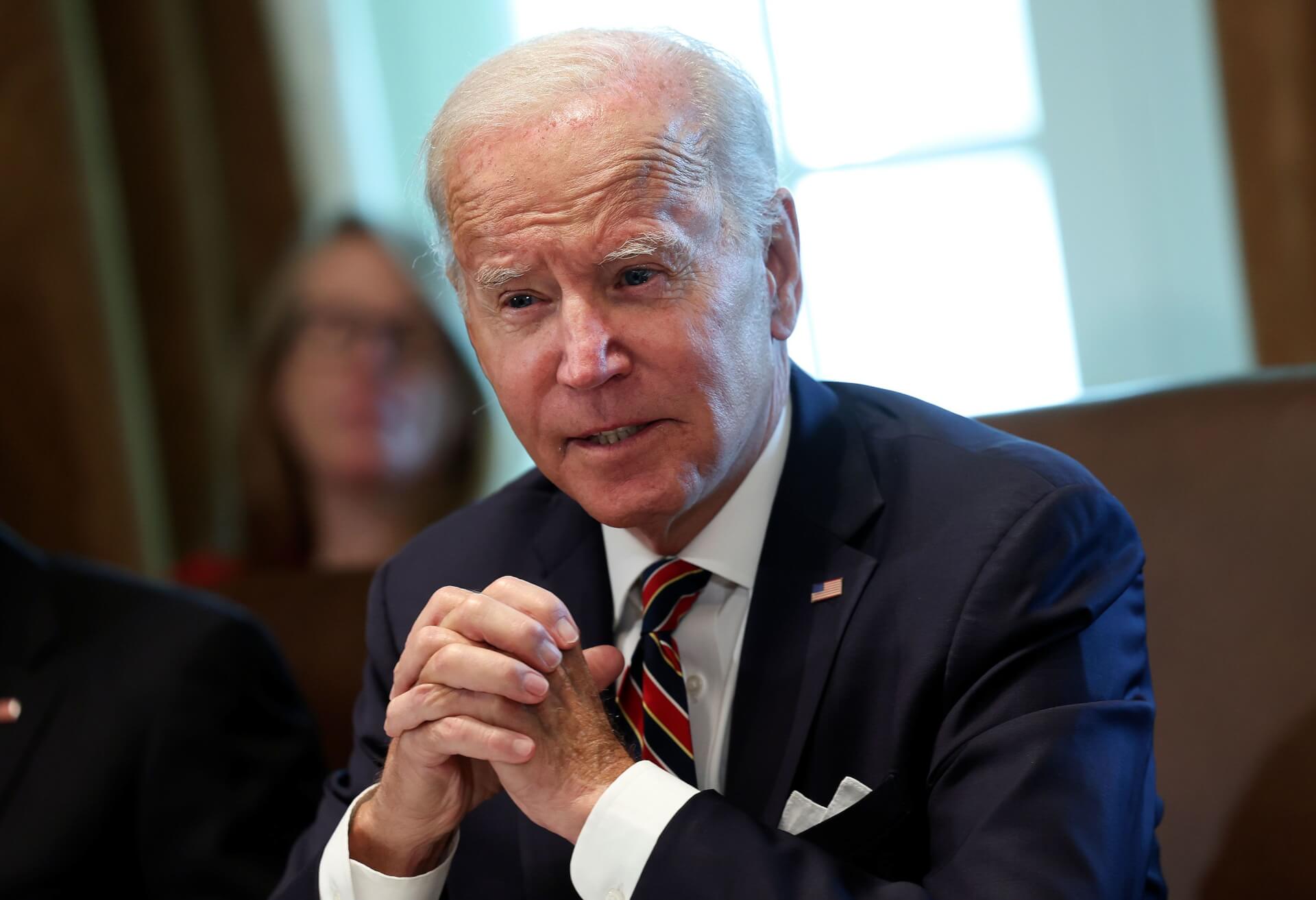Pakistani Acting Foreign Secretary Jauhar Saleem summoned United States (US) Ambassador Donald Blome to lodge a strong protest against President Joe Biden’s description of Pakistan as “one of the most dangerous nations” due to the lack of “cohesion” in its nuclear weapons programme.
According to a press release by the Pakistani Ministry of Foreign Affairs, the US ambassador was informed about Pakistan’s “disappointment and concern” with the “unwarranted remarks,” which it said were not based on any “ground reality or facts.” Saleem reminded Blome about Pakistan’s status as a “responsible nuclear state” that adheres to “global standards and international best practices.”
Let me reiterate unequivocally: Pakistan is a responsible nuclear state and we are proud that our nuclear assets have the best safeguards as per IAEA requirements. We take these safety measures with the utmost seriousness. Let no one have any doubts.
— Shehbaz Sharif (@CMShehbaz) October 15, 2022
The statement stressed that other countries flouting global norms, threatening nuclear security, and the arms race between nuclear weapon states were the “real threat” to peace and security.
The rebukes come after Biden said during the Congressional Campaign Committee Reception on Friday described Pakistan as “one of the most dangerous nations,” as it wields “nuclear weapons without any cohesion.” He was responding to a question on how to readjust US foreign policy in a “rapidly changing” geopolitical environment.
across the world, when has Pakistan shown aggression esp post-nuclearisation? Equally imp,this
— Imran Khan (@ImranKhanPTI) October 15, 2022
Biden statement shows total failure of Imported govt's foreign policy & its claims of "reset of relations with US"? Is this the "reset"?This govt has broken all records for incompetence
Clarifying Biden’s statement later that day, Press Secretary Karine Jean-Pierre said that Biden views a “secure and prosperous Pakistan” as “critical to US interests.” She added that Biden had expressed similar views about Pakistan in the past and that his latest remarks were “nothing new.”
In response, Prime Minister Shehbaz Sharif’s office released a statement declaring that Pakistan had over several decades proven itself as a “most responsible nuclear state.” Refuting allegations about its lack of ‘cohesiveness,’ Sharif said Pakistan has a “foolproof command and control system” and remains committed to international norms on non-proliferation, safety, and security.
In a veiled dig at India, he said that the real threat to nuclear safety comes from countries with “ultra-nationalism” and those that violate global human rights and endanger peace and security by illegally occupying territory.
…Pakistan reserves the right to protect its autonomy, sovereign statehood and territorial integrity.
— Nawaz Sharif (@NawazSharifMNS) October 15, 2022
2/2
Similarly, Foreign Minister Bilawal Bhutto Zardari said he was “surprised” by the remarks, asserting, “I believe this is exactly the sort of misunderstanding that is created when there is lack of an engagement.”
Referring to India’s accidental supersonic missile launch into Pakistan this March, he said that India, not Pakistan, should be questioned about its nuclear capabilities and security measures.
Similarly, Minister for Power Khurram Dastgir called Biden’s accusation “baseless,” saying international agencies have “verified” Pakistan’s nuclear programme “several times” and determined that it “has all the protection that is required.”
Even former PM Imran Khan questioned Biden and demanded information on his “unwarranted conclusion” on Pakistan’s nuclear capabilities. He also stressed that, unlike the US, Pakistan has not gotten involved in other countries’ wars and has never shown aggression. He noted that Biden’s comments threatened bilateral ties and showed PM Shehbaz Sharif’s “total failure” in foreign policy.
The repeated rejection by the people of this cabal of crooks inflicted on us by US regime change conspiracy shd have sent a resounding & clear msg to all Conspirators. General Elections are the only solution. The nation has suffered enough & has chosen to fight for Haqiqi Azadi!
— Shireen Mazari (@ShireenMazari1) October 17, 2022
Other Pakistan Tehreek-e-Insaaf leaders, including former Human Rights Minister Shireen Mazari and former Minister for Information and Broadcasting Fawad Chaudhry, also condemned the statement. Mazari, in particular, demanded an apology from Biden for his “nasty remarks,” describing the US as an “irresponsible superpower with nukes.”
Biden’s statement comes just days after the US for the second consecutive year did not describe Pakistan either as an ally or as a threat in its annual National Security Strategy document.
Nevertheless, US State Department spokesperson Ned Price recently stressed that the US values its “long-standing” partnership with Pakistan. Pakistani Chief of Army Staff General Qamar Bajwa also recently completed a visit to the US aimed at strengthening military ties.
The US also recently approved a $450 million deal with Pakistan to provide maintenance and logistics support for its F-16 fighter jet fleet. In addition, the two countries' navies conducted a joint exercise earlier this month.

